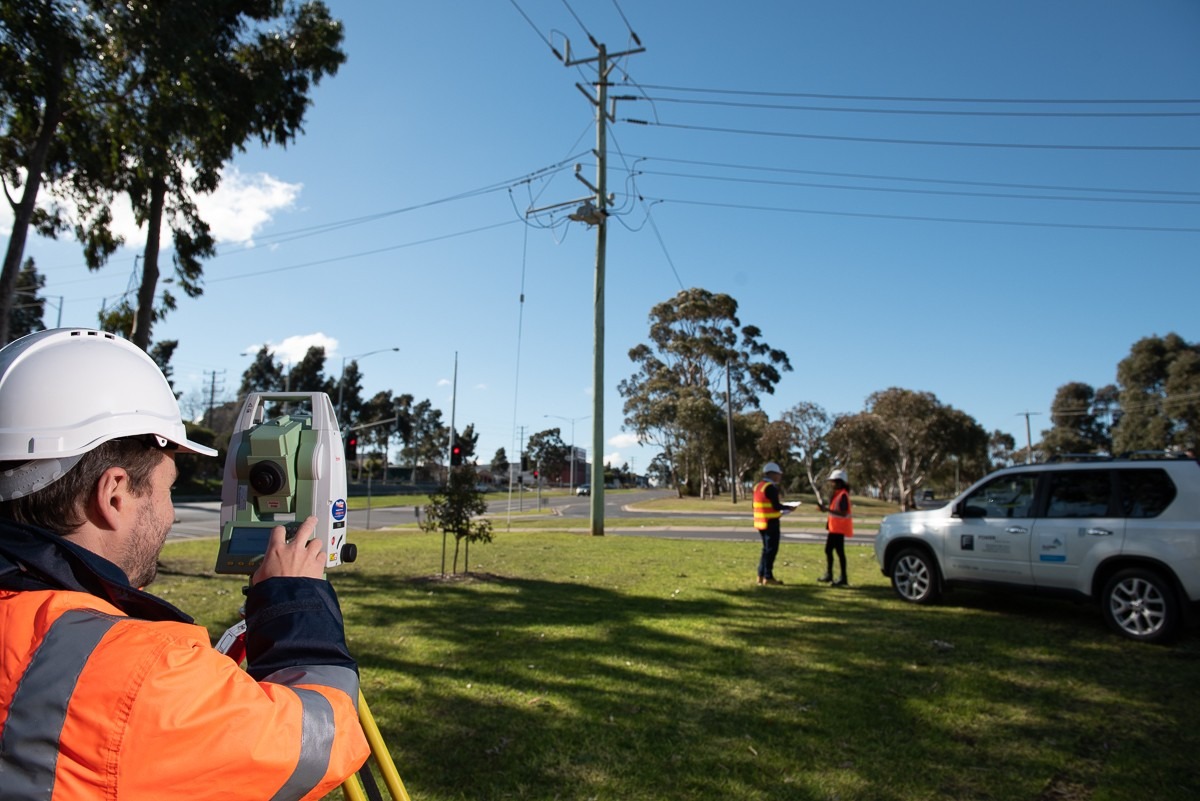In the realm of energy production, power plants play a pivotal role in meeting the demands of modern society. However, the construction and operation of these facilities entail complex processes, requiring meticulous planning, efficient execution, and comprehensive project services to ensure optimal results. From conceptualization to commissioning, every phase of a power plant project demands careful attention to detail to achieve efficiency, reliability, and sustainability.
Conceptualization and Planning
The journey towards a successful power plant project services begins with conceptualization and planning. This phase involves defining project objectives, conducting feasibility studies, and selecting the appropriate technology and site location. Comprehensive market analysis and risk assessment are essential to identify potential challenges and opportunities.
- Feasibility Studies: Thorough feasibility studies are conducted to assess the technical, economic, and environmental viability of the proposed project. This involves evaluating factors such as resource availability, regulatory requirements, market demand, and financial projections.
- Technology Selection: Choosing the right technology is crucial for the efficiency and performance of a power plant. Factors such as fuel type, capacity, emissions control, and operational flexibility must be carefully considered to ensure optimal results.
- Site Selection: Selecting an appropriate site is critical for the success of a power plant project. Factors such as proximity to fuel sources, water availability, environmental impact, and grid connectivity must be evaluated to minimize risks and maximize efficiency.
Engineering and Design
Once the project parameters are defined, the engineering and design phase begins. This stage involves detailed engineering, equipment procurement, and design optimization to meet project specifications while adhering to regulatory requirements and industry standards.
- Detailed Engineering: Detailed engineering involves the development of comprehensive engineering plans, drawings, and specifications for the construction and operation of the power plant. This includes civil, mechanical, electrical, and instrumentation engineering disciplines.
- Equipment Procurement: Procuring quality equipment is essential for the reliability and performance of a power plant. This involves selecting reputable suppliers, conducting technical evaluations, and ensuring compliance with project requirements and specifications.
- Design Optimization: Design optimization aims to enhance the efficiency, reliability, and cost-effectiveness of the power plant. This may involve iterative analysis, simulation, and modeling to identify opportunities for improvement and innovation.
Construction and Commissioning
The construction phase marks the physical realization of the power plant project. This stage involves site preparation, construction activities, equipment installation, and commissioning to ensure that the plant is ready for commercial operation.
- Site Preparation: Site preparation involves clearing land, grading terrain, and preparing the foundation for construction activities. This may include environmental remediation, infrastructure development, and regulatory compliance.
- Construction Activities: Construction activities encompass the installation of structural, mechanical, electrical, and instrumentation components according to engineering designs and specifications. This involves coordination between various contractors, suppliers, and project stakeholders to ensure timely completion and quality workmanship.
- Equipment Installation: Installing and commissioning equipment is a critical phase of the construction process. This includes assembly, alignment, testing, and integration of power generation, control, and monitoring systems to ensure functionality and reliability.
- Commissioning: Commissioning involves testing and validating the performance of the power plant systems to ensure compliance with design criteria and operational requirements. This includes functional testing, performance testing, and operational readiness assessments to prepare the plant for commercial operation.
Operations and Maintenance
Once the power plant is operational, ongoing operations and maintenance activities are essential to ensure continued efficiency, reliability, and safety. This involves monitoring performance, optimizing processes, and implementing preventive and corrective maintenance measures to minimize downtime and maximize availability.
- Performance Monitoring: Continuous monitoring of key performance indicators (KPIs) is essential to assess the efficiency and reliability of the power plant. This includes monitoring parameters such as fuel consumption, heat rate, emissions, and equipment health to identify trends and deviations from expected performance.
- Process Optimization: Process optimization aims to improve the efficiency and flexibility of power plant operations. This may involve implementing advanced control strategies, optimizing fuel mixtures, and adopting predictive maintenance technologies to enhance performance and reduce operating costs.
- Maintenance Management: Effective maintenance management is crucial for minimizing unplanned downtime and prolonging the life of plant equipment. This includes developing maintenance schedules, implementing preventive maintenance programs, and responding promptly to equipment failures or malfunctions.
Conclusion
Efficient execution of power plant projects requires a comprehensive approach that encompasses conceptualization, planning, engineering, construction, and operations. By leveraging advanced technologies, best practices, and integrated project services, power plant developers can achieve optimal results in terms of efficiency, reliability, and sustainability. With the global demand for energy continuing to rise, the importance of efficient power plant project services cannot be overstated in meeting the challenges of the future.
Also Read: SumoSearch

